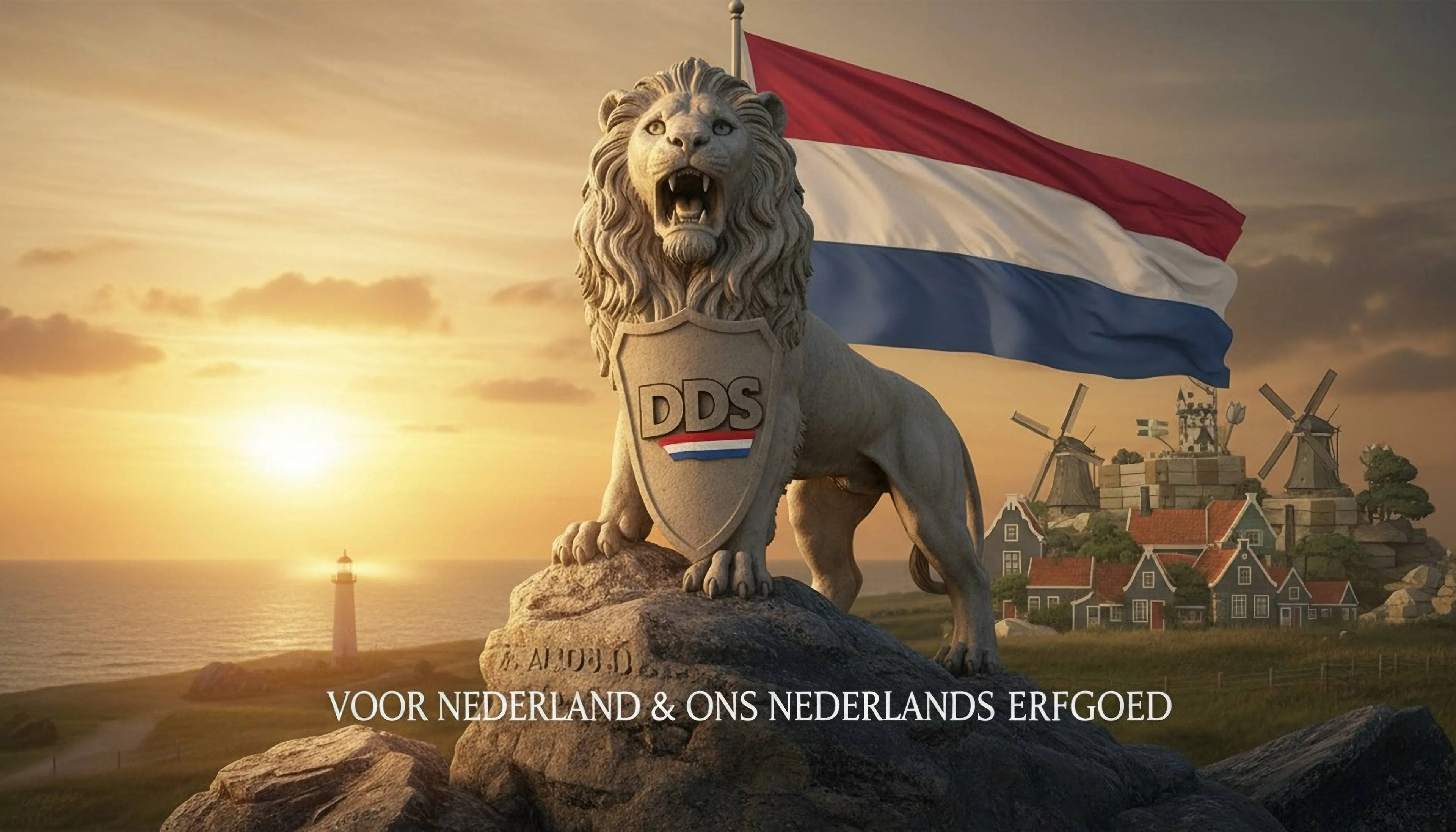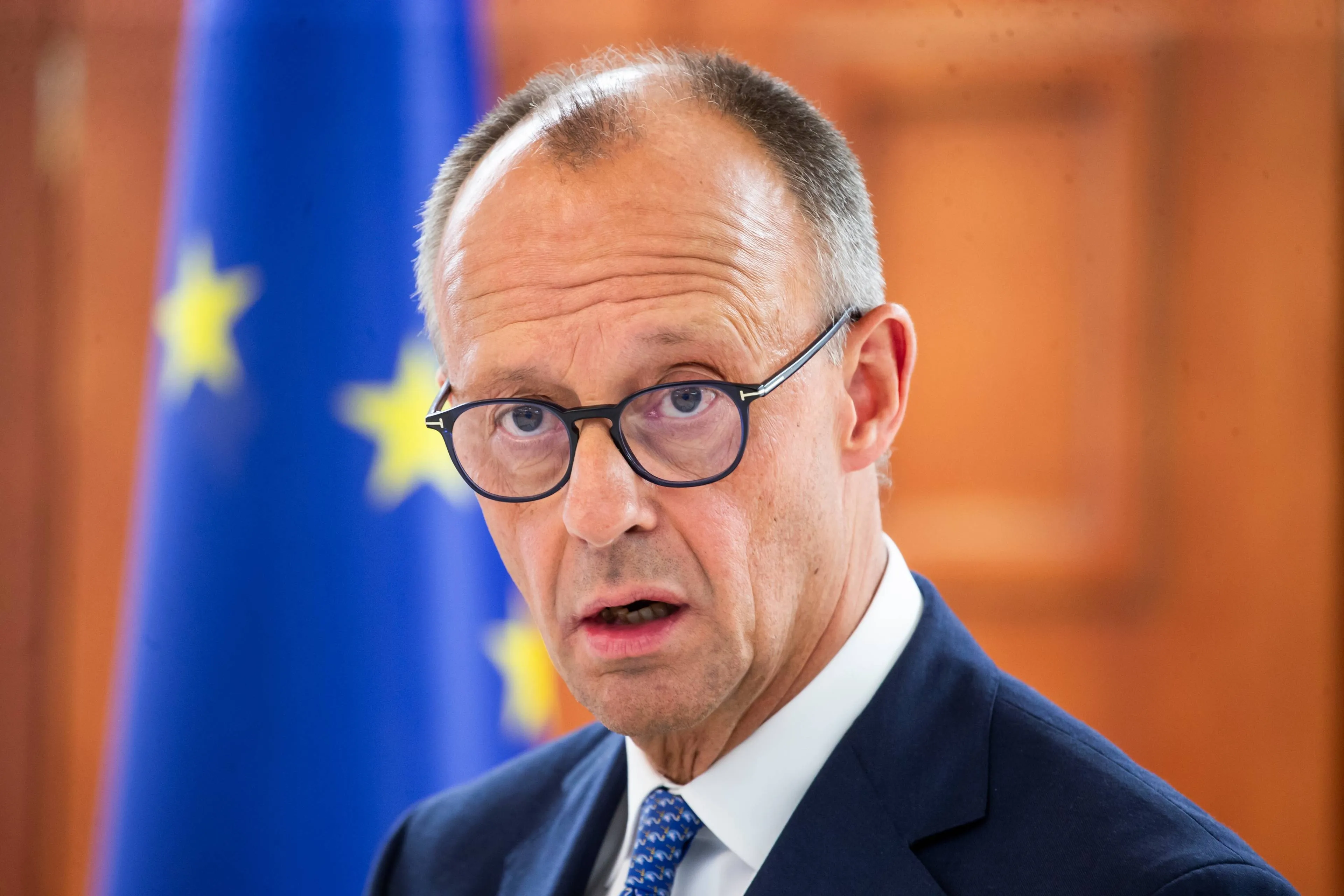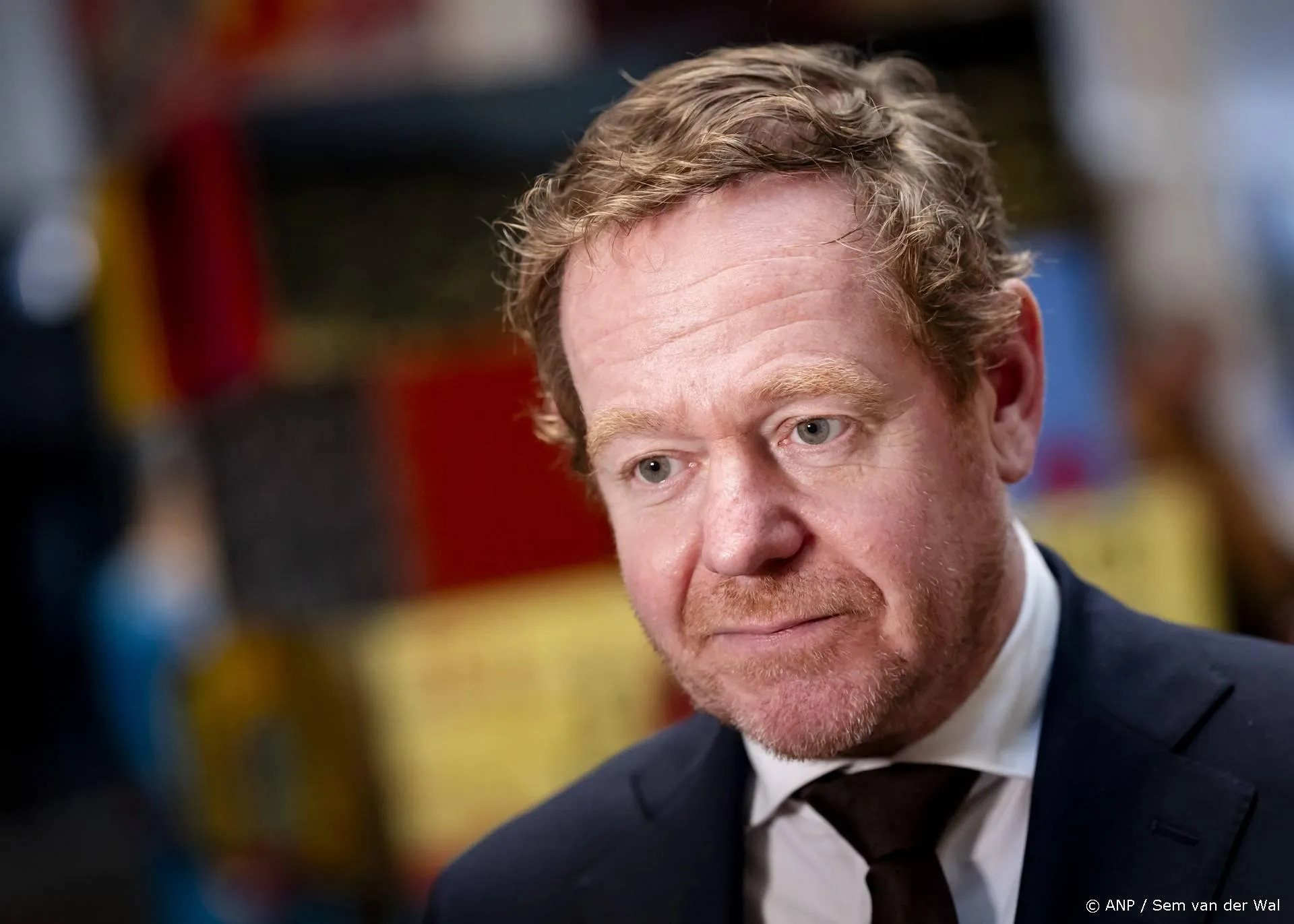VNklimaatpanel weer op activistische toer
De vier ruiters van de Apocalyps. Richard Tol distantieert zich van IPCC-rapport.
Zoals mijn trouwe lezers weten, heeft de voorzitter van het VN- klimaatpanel (IPCC), de voormalige spoorwegingenieur, Rajendra Pachauri, altijd bezworen dat zijn club een strikt wetenschappelijke positie inneemt. Het klimaatbeleid is een zaak van de politiek, aldus Pachauri. Toch is die opvatting in eigen kring kennelijk niet helemaal goed doorgedrongen, want het nieuwe uitgelekte conceptrapport van Werkgroep II van het VNklimaatpanel (IPCC), heeft een krachtige politieke boodschap, getuige de titel: 'Hope for Our Earth from Yokohama. Saving the Planet in Yokohama'. Naar aanleiding daarvan staan de klimaatsceptici natuurlijk weer op scherp om daarop kritiek te leveren.
Op haar website schrijft Donna Laframboise:
An IPCC document produced for its meeting in Yokohama uses emphatically activist language. What happened to the scientific body delivering a scientific report based on scientific research?
The Intergovernmental Panel on Climate Change (IPCC) calls itself a scientific body. Indeed, its online self-description uses some version of the word science seven times in a few paragraphs.
But a document prepared for the current IPCC meeting in Japan utterly obliterates those claims. Its titled 'Hope for Our Earth from Yokohama'. .
Page two of this document contains this headline: Saving the Planet for Future Generations. Beneath it, we read:
We must bequeath to future generations a safe environment in which to live, and that means properly understanding the information published by the IPCC and taking action in Yokohama. ...
Well, I feel like an idiot. It took me years of research in which I carefully gave the IPCC the benefit of the doubt, in which I conscientiously eschewed lazy intellectual shortcuts before I reluctantly concluded that the IPCC is actually an activist organization pretending to be a scientific one. ...
First, the IPCC is supposed to be policy neutral. Words like must are not supposed to be in its vocabulary. It is explicitly not the IPCCs job to tell us what we must do. Second, the IPCC is charged with examining existing scientific research. It is beyond the purview of that organization to express opinions about what any of us owe future generations. ...Third, the IPCC believes theres a proper way to understand the material it produces. In other words, its trying to de-legitimize independent opinion. ...
Allow me to repeat myself: This one sentence tells us everything we need to know. The IPCC isnt a collection of dispassionate scientists, but an activist group pushing an activist agenda.
These people imagine that theyre saving the world that theyre delivering 'Hope for our Earth'. They know what the rest of us must do. They believe they have the right to make moral judgments on behalf of all of humanity without our participation or consent. Like religious zealots, they insist theres a proper way to understand their material never mind intellectual freedom or free speech. And then theres their insistence that the Yokohama meeting is about taking action.
Lees verder hier.
Maar we moeten niet het kind met het badwater weggooien. Dit soort citaten zijn het werk van de spindoctors die daarmee de media willen bedienen/bedotten. De hoofdtekst van het rapport is serieuzer en bevat veel waardevolle elementen. Daarin distantieert het IPCC zich van eerdere, meer alarmistische uitspraken.
Op zijn blog rapporteert James Delingpole daarover onder meer het volgende:
Global Warming Will Not Cost the Earth, Leaked IPCC Report Admits
The economic costs of 'global warming' have been grossly overestimated, a leaked report - shortly to be published by the Intergovernmental Panel on Climate Change (IPCC) - has admitted.
Previous reports - notably the hugely influential 2006 Stern Review - have put the costs to the global economy caused by 'climate change' at between 5 and 20 percent of world GDP. But the latest estimates, to be published by Working Group II of the IPCC's Fifth Assessment Report, say that a 2.5 degrees Celsius rise in global temperatures by the end of the century will cost the world economy between just 0.2 and 2 percent of its GDP.
If the lower estimate is correct, then all it would take is an annual growth rate of 2.4 percent (currently it's around 3 percent) for the economic costs of climate change to be wiped out within a month.
This admission by the IPCC will come as a huge blow to those alarmists - notably the Stern Review's author but also including everyone from the Prince of Wales to Al Gore - who argue that costly intervention now is our only hope if we are to stave off the potentially disastrous effects of climate change.
Sir Nicholas (now Lord) Stern was commissioned by Tony Blair's Labour government to analyse the economic impacts of climate change. Stern, an economist who had never before published a paper on energy, the environment, or indeed climate change, concluded that at least two per cent of global GDP would need to be diverted to the war on global warming.
Stern's report has been widely ridiculed by economists, whose main criticism was that its improbably low discount rate placed an entirely unnecessary burden on current generations. Even if you accept the more alarmist projections of the IPCC's reports on "global warming", the fact remains that future generations will be considerably richer than our own - and therefore far more capable of mitigating the damages of climate change when or if they arise.
But Stern's Review, published at the height of the global warming scare, was seized on by policy makers around the world as the justification for introducing a series of economically damaging measures, including carbon taxes, more intrusive regulation and a drive to replace cheap, efficient fossil fuels with expensive, inefficient renewables.
This is why Lord Stern has been variously described as 'the most dangerous man you've never heard of" and been held responsible for some of the worst economic excesses of the green movement.
Maar ondanks dat alles, vond dé grote expert op dat gebied, onze 'eigen' Richard Tol, de laatste tekst van het concept toch niet wetenschappelijk verantwoord.
Delingpole:
[The] economist Richard Tol - a Working Group II author - asked yesterday for his name to be removed from the Summary For Policymakers. He said:
"The message in the first draft was that through adaptation and clever development these were manageable risks, but it did require we get our act together."
"This has completely disappeared from the draft now, which is all about the impacts of climate change and the four horsemen of the apocalypse. This is a missed opportunity."
Lees verder hier.
Het is overigens niet de eerste keer dat een belangrijke auteur geen verantwoordelijkheid wilde nemen voor de uiteindelijke tekst van IPCCrapporten. Dat gold bijvoorbeeld voor de Franse klimatoloog, Marcel Leroux, die er een heel boek over heeft geschreven: 'Global Warming: Myth or Reality. The Erring Ways of Climatology'. Dan was er Paul Reiter, een expert op het gebied van de verspreiding van ziektes, zoals malaria door insecten. Daar is toen veel gedoe over geweest. Zie hier. Dat gold ook voor Richard Landsea, een Amerikaanse meteoroloog die zich distantieerde van het IPCC-rapport van 2007. Zijn bezwaar was dat het panel ten onrechte beweerde dat de opwarming van de aarde de kracht van Atlantische hurricanes zou versterken. Zie hier.
In dit licht kan met spanning worden uitgekeken naar wat de reactie van het IPCC op de 'desertie' van Richard Tol zal zijn.
Zie ook hier wat de FAZ over deze affaire schrijft.
Het incident bevestigt maar weer eens wat ik altijd al heb geschreven dat het IPCC wordt gekenmerkt door 'cherry picking', 'spindoctoring' en scaremongering'.
Ook het commentaar van Matt Ridley in de 'Wall Street Journal' is zeer de moeite waard. Ik pik er één citaat uit;
The United Nations' Intergovernmental Panel on Climate Change will shortly publish the second part of its latest report, on the likely impact of climate change. Government representatives are meeting with scientists in Japan to sex up sorry, rewrite a summary of the scientists' accounts of storms, droughts and diseases to come. But the actual report, known as AR5-WGII, is less frightening than its predecessor seven years ago.
En - zoals ik al jarenlang heb geschreven - zo zakt het kaartenhuis van de klimaathype steeds verder in elkaar. Ondertussen zijn er honderden miljarden aan klimaatbeleid in rook opgegaan. En hoeveel honderden miljarden zullen in de komende tijd nog verder in deze bodemloze put verdwijnen?
Voor mijn eerdere DDSbijdragen zie hier.
Ga verder met lezen
Dit vind je misschien ook leuk
Laat mensen jouw mening weten
Lees ook
Loading


